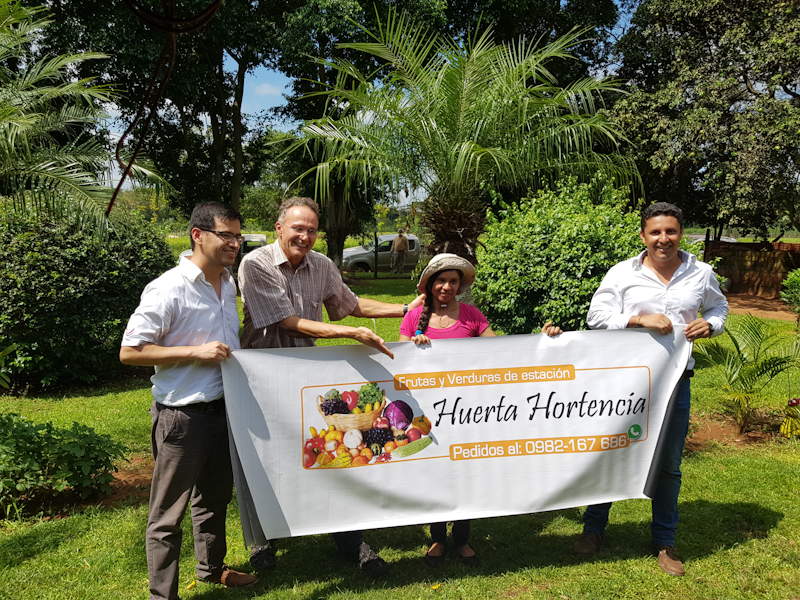
Ecuador
In Ecuador verbessern wir die Einkommenssituation von Kleinstunternehmern und Familienbetrieben durch eine zielgerichtete Zusammenarbeit mit der Aufsichtsbehörde SEPS und der Zentralkasse FINANCOOP, insbesondere durch den Transfer von IT-Lösungen. Zudem werden Spar- und Kreditgenossenschaften im ländlichen Raum zum Thema Nachhaltige Finanzen beraten, um deren ordnungsgemäße und effiziente Verwaltung und damit das allgemeine Vertrauen in den Sektor zu fördern.
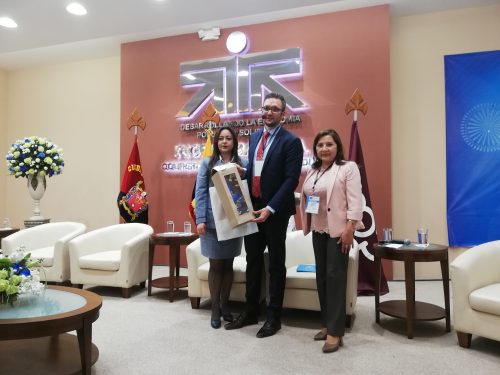

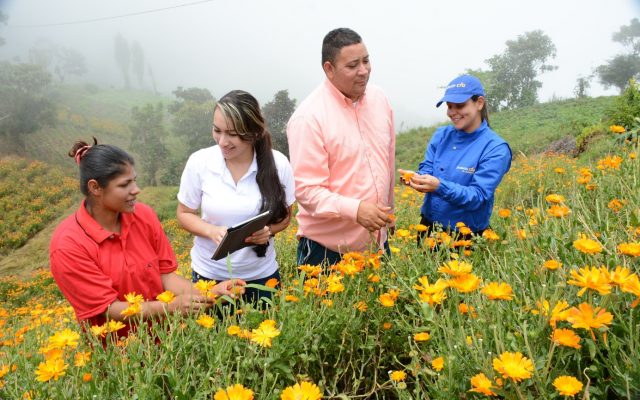 Lateinamerika
Lateinamerika 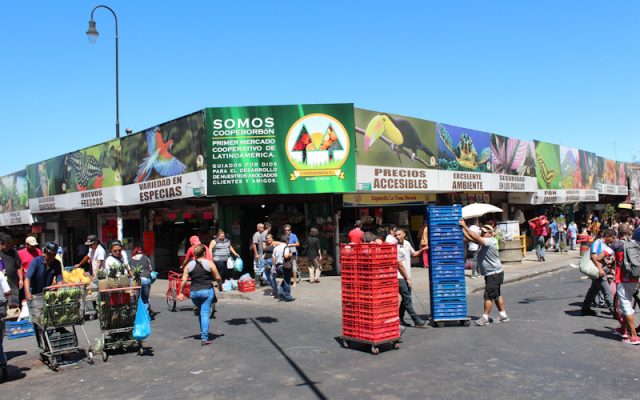 Lateinamerika
Lateinamerika 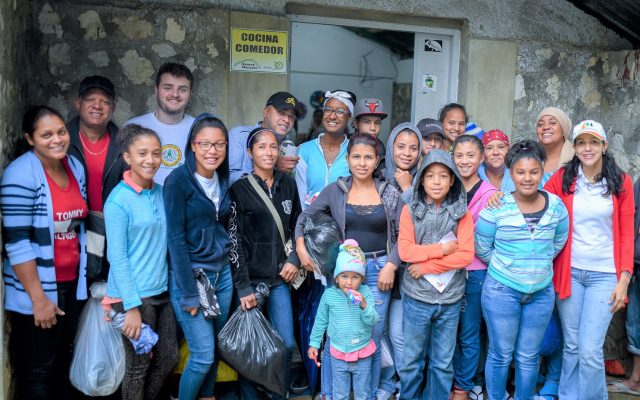 Lateinamerika
Lateinamerika